A group of Chinese and Singaporean scientists has successfully developed a cancer vaccine using nanotechnology, showing outstanding effectiveness in preventing recurrence and metastasis after surgery in animal tests.
Led by a team led by Yang Yanlian of the China National Nanotechnology Center and Chen Xiaoyuan of the National University of Singapore, the work, published in the journal Nature Nanotechnology last month, showed that the new vaccine could reduce the risk of tumor recurrence and spread by seven times compared with existing methods.
Unlike many drugs that target normal cancer cells, this vaccine also attacks cancer stem cells (CSCs) - a type of cell that can "hibernate" in the body after treatment and then reactivate, causing the disease to relapse. These cells are considered the "task force" of tumors because of their ability to self-renew and differentiate diversely, contributing to the formation of different cancer cell lines.
“Chemotherapy or antibody therapy can kill common cancer cells with little damage to the body, but they are almost powerless against CSCs. As little as 1-5% of CSCs remaining can be enough to cause a relapse,” Yang told China Science Daily.
The new nano vaccine has three key features that increase its effectiveness:
First, the outer shell is made of nanoparticles derived from cancer cell membranes, which carry two types of identification markers: CSC-specific antigens and antigens of common tumor cells.
Second, special guiding molecules attached to the surface help the vaccine target only dendritic cells - the immune system's "scouts" that specialize in presenting antigens to T cells.
Finally, short interfering RNA (siRNA) helps temporarily inhibit the activity of protease enzymes in lysosomes, prolonging the exposure time of antigens, thereby stimulating a stronger immune response.
Test results on mouse models of breast cancer and melanoma showed that the vaccine significantly inhibited tumor growth, reduced the number of residual CSCs, prevented post-operative recurrence and distant metastasis, prolonged survival, and especially did not record toxicity: blood, organ tissue, and blood stem cell indices were all normal.
The team is developing an injectable vaccine, and hopes to personalize the vaccine using the patient's own tumor cells.
However, Ms. Duong warned that further long-term biosafety assessments on larger animal models are needed before moving forward with clinical trials./.
Source: https://www.vietnamplus.vn/vaccine-trung-quoc-singapore-uc-che-te-bao-ung-thu-goc-ngan-tai-phat-va-di-can-post1052190.vnp



![[Photo] Multi-colored cultural space at the Exhibition "80 years of the journey of Independence - Freedom - Happiness"](https://vphoto.vietnam.vn/thumb/1200x675/vietnam/resource/IMAGE/2025/8/26/fe69de34803e4ac1bf88ce49813d95d8)
![[Photo] Prime Minister Pham Minh Chinh chairs meeting of National Steering Committee on International Integration](https://vphoto.vietnam.vn/thumb/1200x675/vietnam/resource/IMAGE/2025/8/26/9d34a506f9fb42ac90a48179fc89abb3)

![[Photo] Prime Minister Pham Minh Chinh receives CEO of Samsung Electronics](https://vphoto.vietnam.vn/thumb/1200x675/vietnam/resource/IMAGE/2025/8/26/373f5db99f704e6eb1321c787485c3c2)

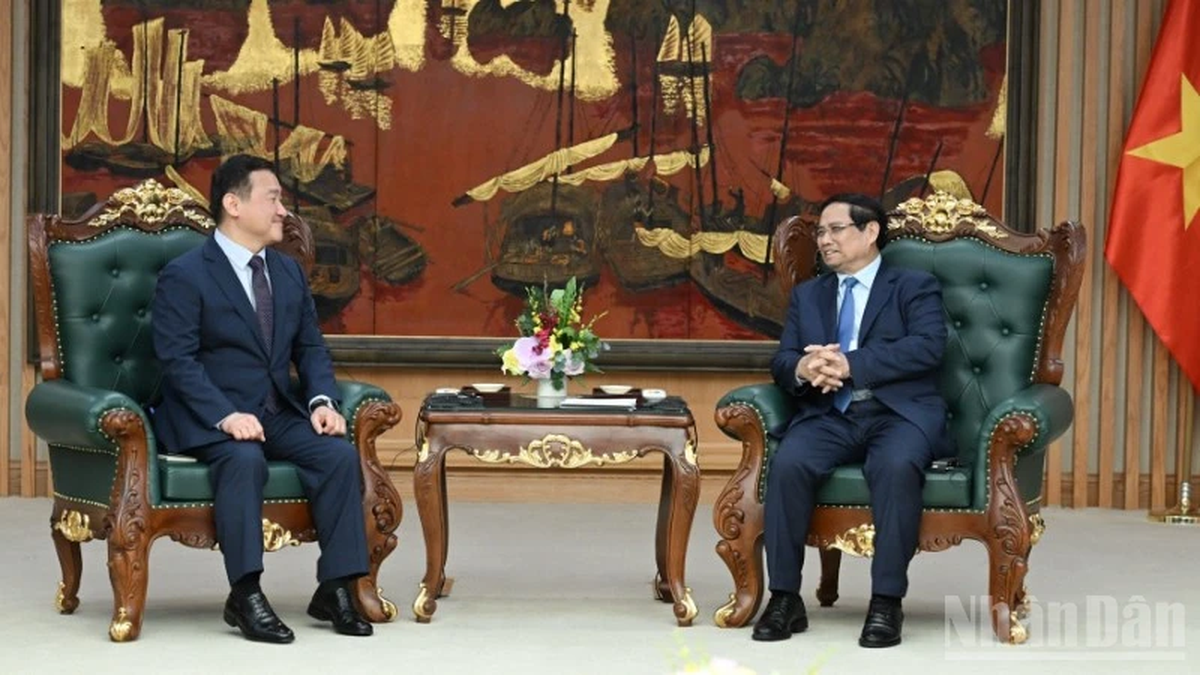
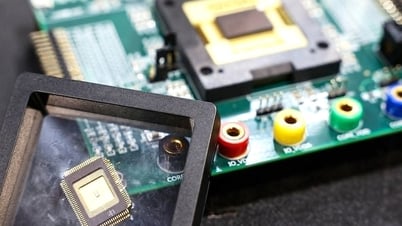



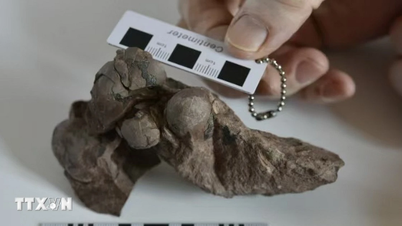

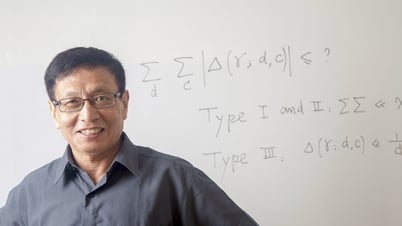



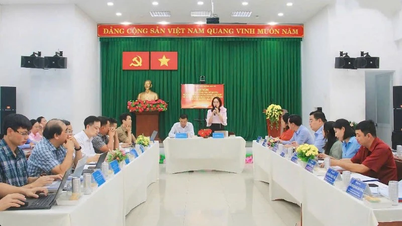



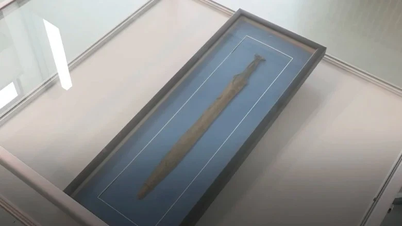
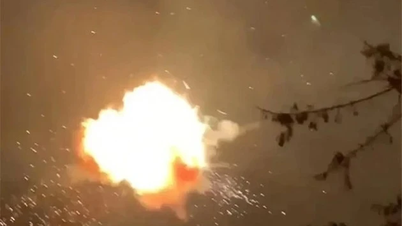







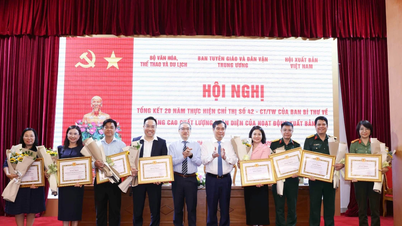

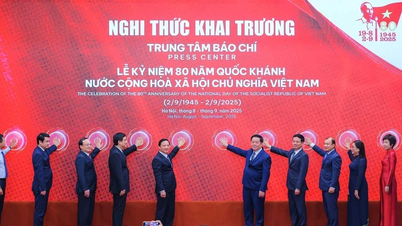
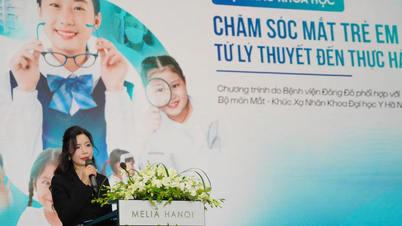





























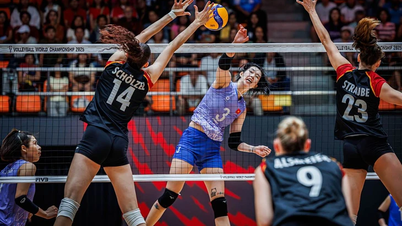










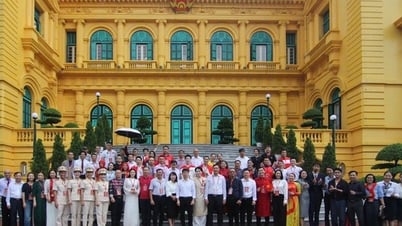


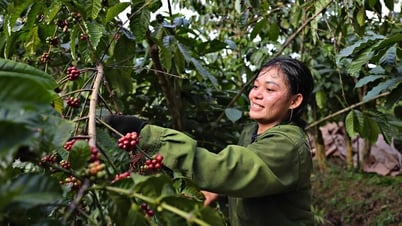




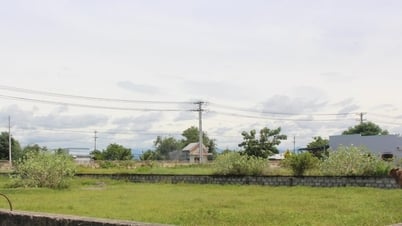








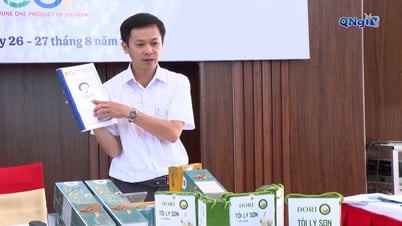








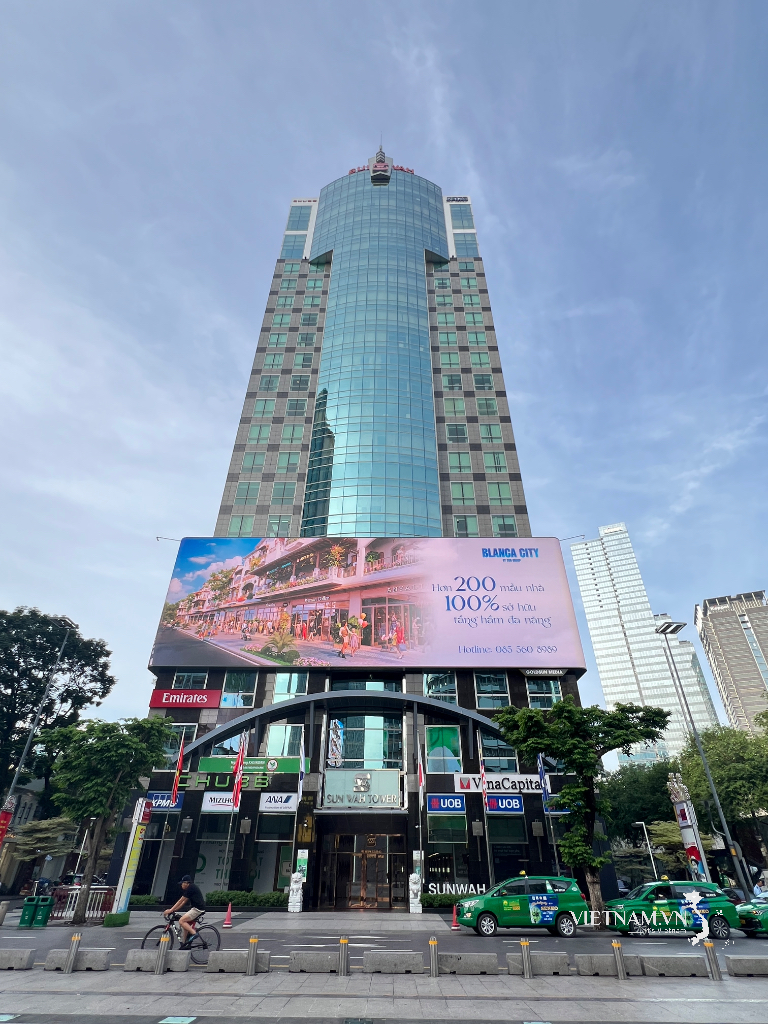
Comment (0)